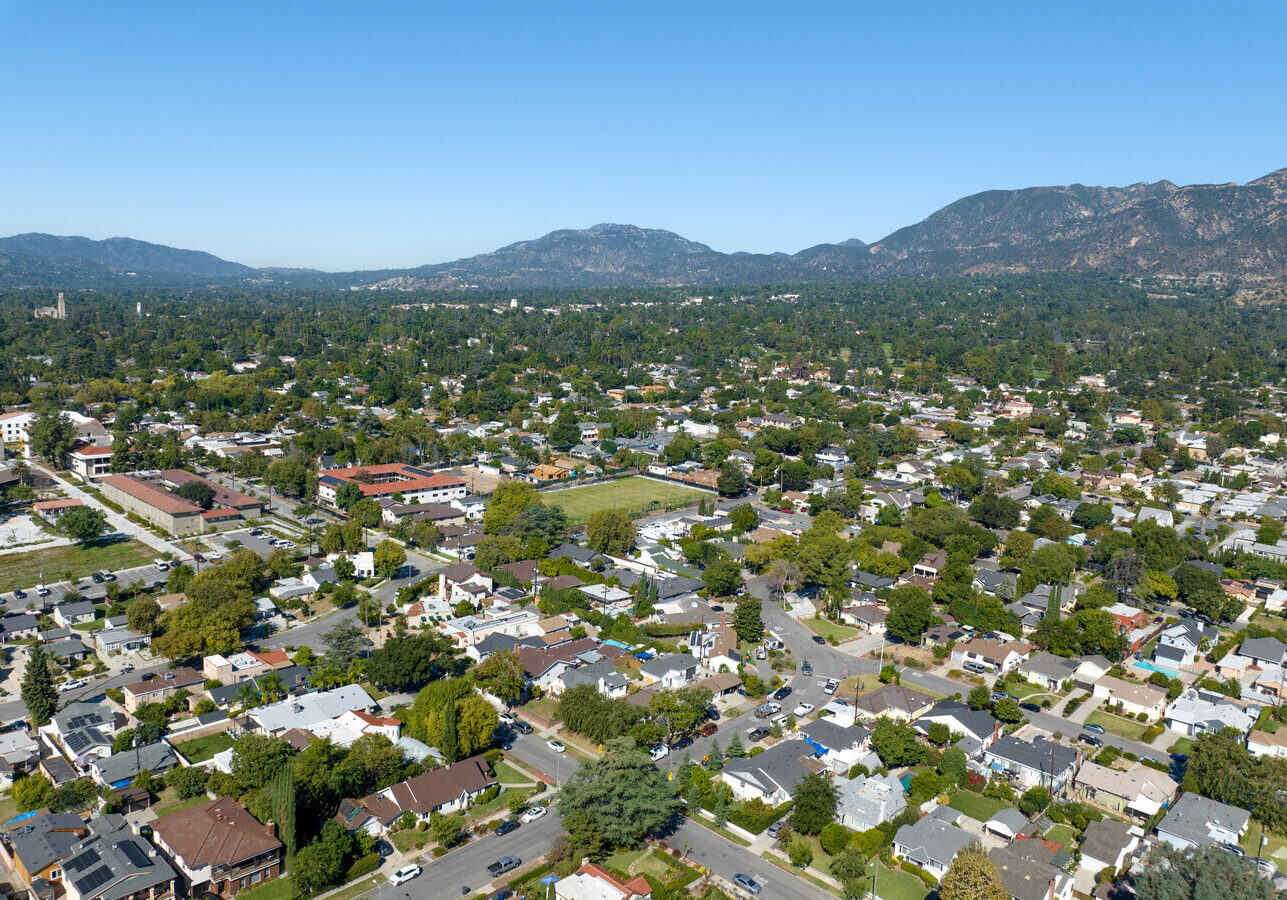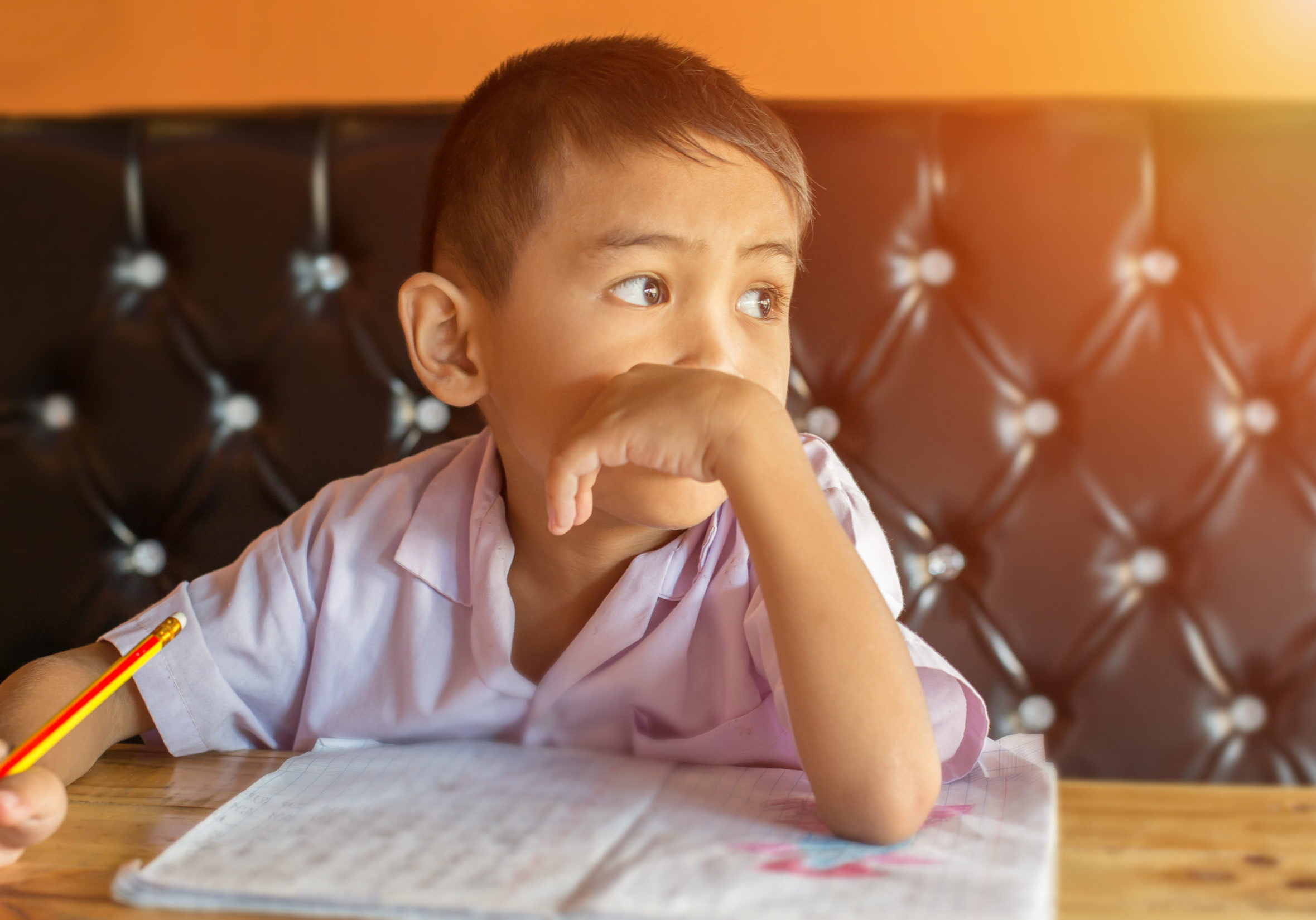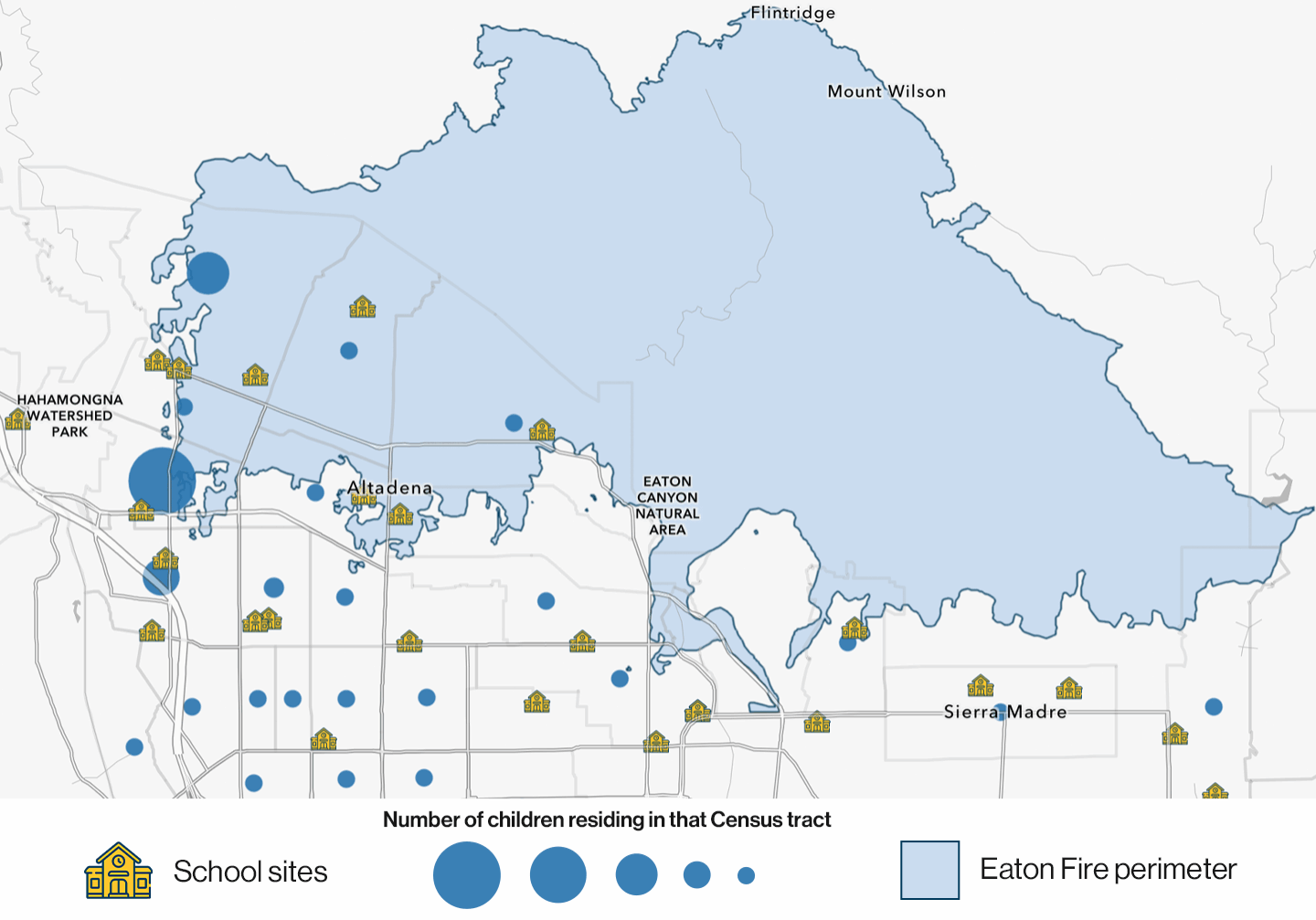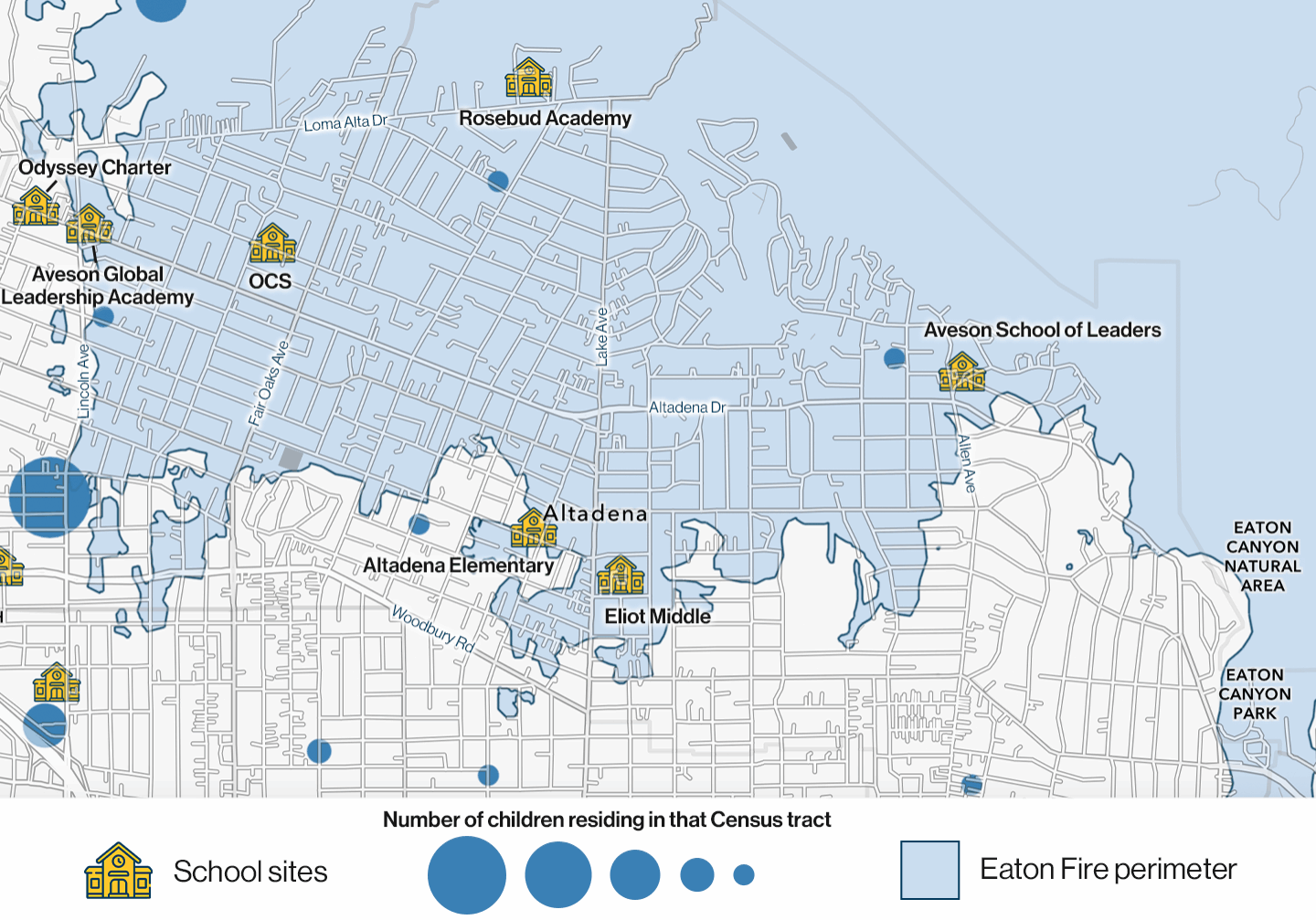The Eaton Fire
On January 7, 2025, the Eaton Fire ignited at dusk in the hills of Eaton Canyon in the San Gabriel Mountains. The wildfire claimed 19 lives, burned more than 14,000 acres, and destroyed over 9,000 structures while damaging more than 1,000 additional properties across Altadena, Pasadena, and Sierra Madre.
Nearly 23,000 residents were affected, resulting in large-scale evacuations and widespread disruptions to community life. Notably, Altadena was home to a historically Black, middle-class, and culturally vibrant community. A total of 225 dependent children and youth resided in the area impacted by the Eaton Fire, with the majority (76%) being of school age, between the ages of 5 and 17 years. Eight school campuses were severely damaged or destroyed, prompting the Pasadena Unified School District (PUSD) to close schools for two to three weeks, interrupting education for approximately 14,000 students. Schools suitable for use were reopened gradually following debris removal and environmental testing, while those with extensive damage were relocated to alternate sites to resume in-person learning.


About the Study
Grounded in a commitment to public scholarship and equity, this study examines how the Eaton Fire disrupted the educational experiences of children and youth involved with the child welfare system.
Guided by this commitment, stakeholders working in schools and the child welfare system were consulted to shape the research and center the unique needs of system-involved children, youth and families affected by the fire. Qualitative data were gathered through interviews with 19 key professionals and caregivers representing agencies at the forefront of the response and recovery efforts, including the PUSD, the Los Angeles County Department of Children and Family Services (DCFS), the Los Angeles County Office of Education (LACOE), and several community-based organizations. These interviewees provided perspectives spanning education, child welfare, caregiving, and community recovery. Quantitative analyses utilized de-identified, individual-level case management records provided by DCFS.
Highlights
The Eaton Fire affected 225 dependent children and youth living in the impacted area, the majority (60%) of whom were Latinx. Most were receiving permanent placement or extended foster care services (44%) and in-home family maintenance services (36%), while a minority (20%) were receiving family reunification services. Three months after the fire, displaced children and youth (17%) had moved an average of 16 miles from their home or placement at the time of the fire. Findings revealed the importance of post-fire recovery support and services in preventing foster care entries and reentries.
The Eaton Fire compounded existing educational challenges for children and youth involved with the child welfare system across Altadena, Pasadena, and Sierra Madre, disrupting educational continuity and exacerbating instability. Findings revealed the importance of upholding the educational rights of children in foster care, the continued need for targeted mental health and academic supports, and the vital role of professionals who bridge the child welfare and education systems.
The Eaton Fire disrupted the postsecondary plans of high school seniors involved with the child welfare system, interfering with key milestones such as graduation and college preparation. Findings revealed the need for tailored support to assist older youth in care, including non-minor dependents, with navigating postsecondary transitions, and rebuilding progress toward educational and professional goals.

Eaton Fire Perimeter and Census Tracts
These maps show where 225 DCFS-supervised children and youth were living the night of the Eaton Fire.
Many of the 225 DCFS-supervised children and youth were located in West Altadena, a community that had little time to evacuate and one that experienced profound loss as a result of the fire. Nearly half of them were living with one or more siblings at the time of the fire, whether at home or in placement. Two-thirds of the 225 DCFS-supervised youth were of school age, between the ages of 5 and 17. Several campuses, including Eliot Arts Magnet, Odyssey Charter South, Aveson, Rosebud Academy, and Franklin Elementary, were physically damaged or destroyed, but several other schools that likely serve DCFS-involved youth were also in the burn zone.


These maps were developed with support from Jared Schor and the UCLA Center for Healthier Children, Families, and Communities Hub Community.
Event Video
On October 29, 2025, the UCLA Pritzker Center for Strengthening Children and Families hosted an event at the Altadena Community Center to announce the release of our brief, The Aftermath of the Eaton Fire: Foster Care and Education Disrupted. Special thank you to Los Angeles County 5th District Supervisor Kathryn Barger and DCFS Director, Brandon Nichols for joining us at the event. Thank you to our panel, Jim Newton, Joe Ford, Alex Ballantyne, and our research team, Dr. Ivy Zucaya, Dr. Laura Liévano-Karim, and Olivia Gilchrist for an insightful discussion of the report.
This project was generously supported by the UCLA School of Education and Information Studies, Wasserman Dean Christina Christie, the Anthony Pritzker Family Foundation, and The Ralph M. Parsons Foundation.
